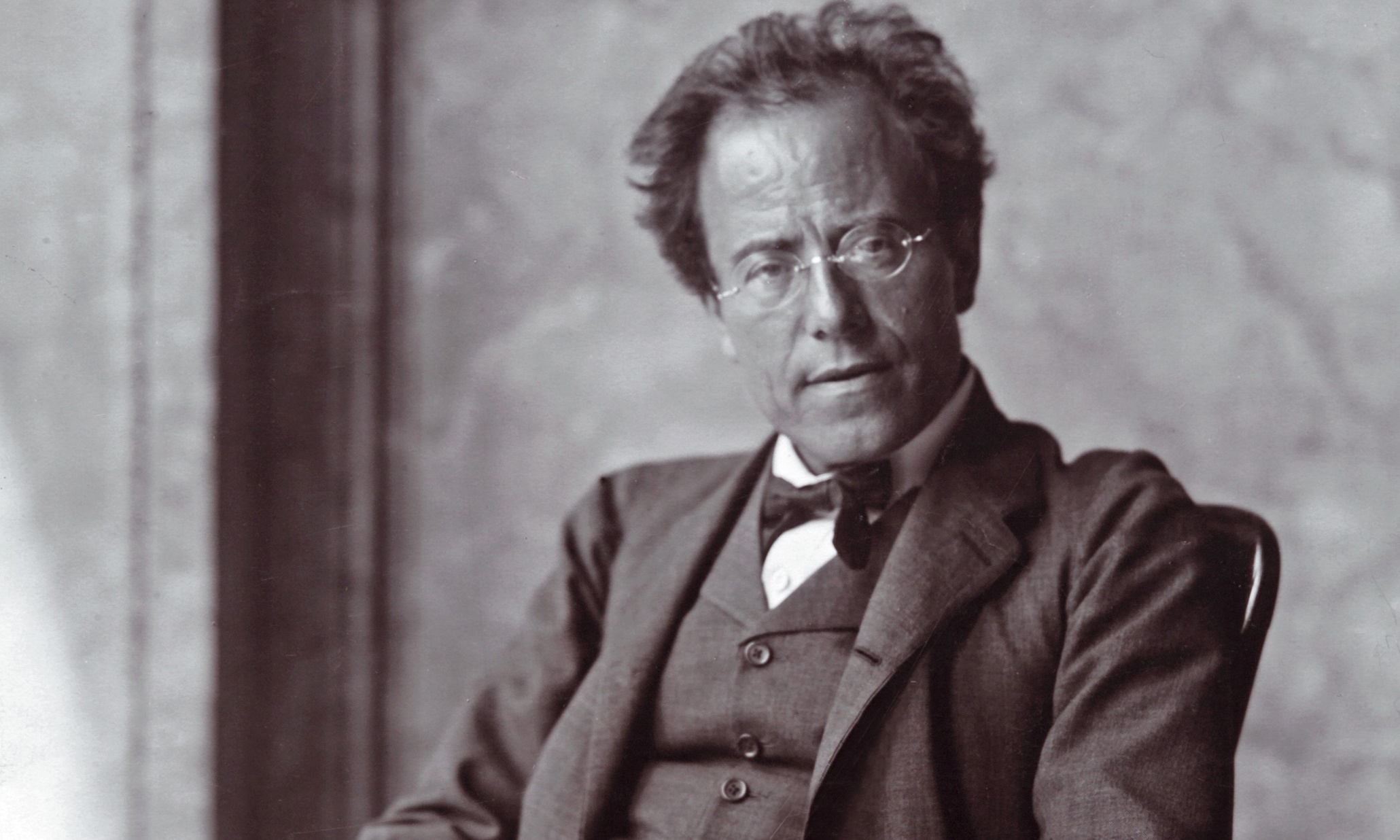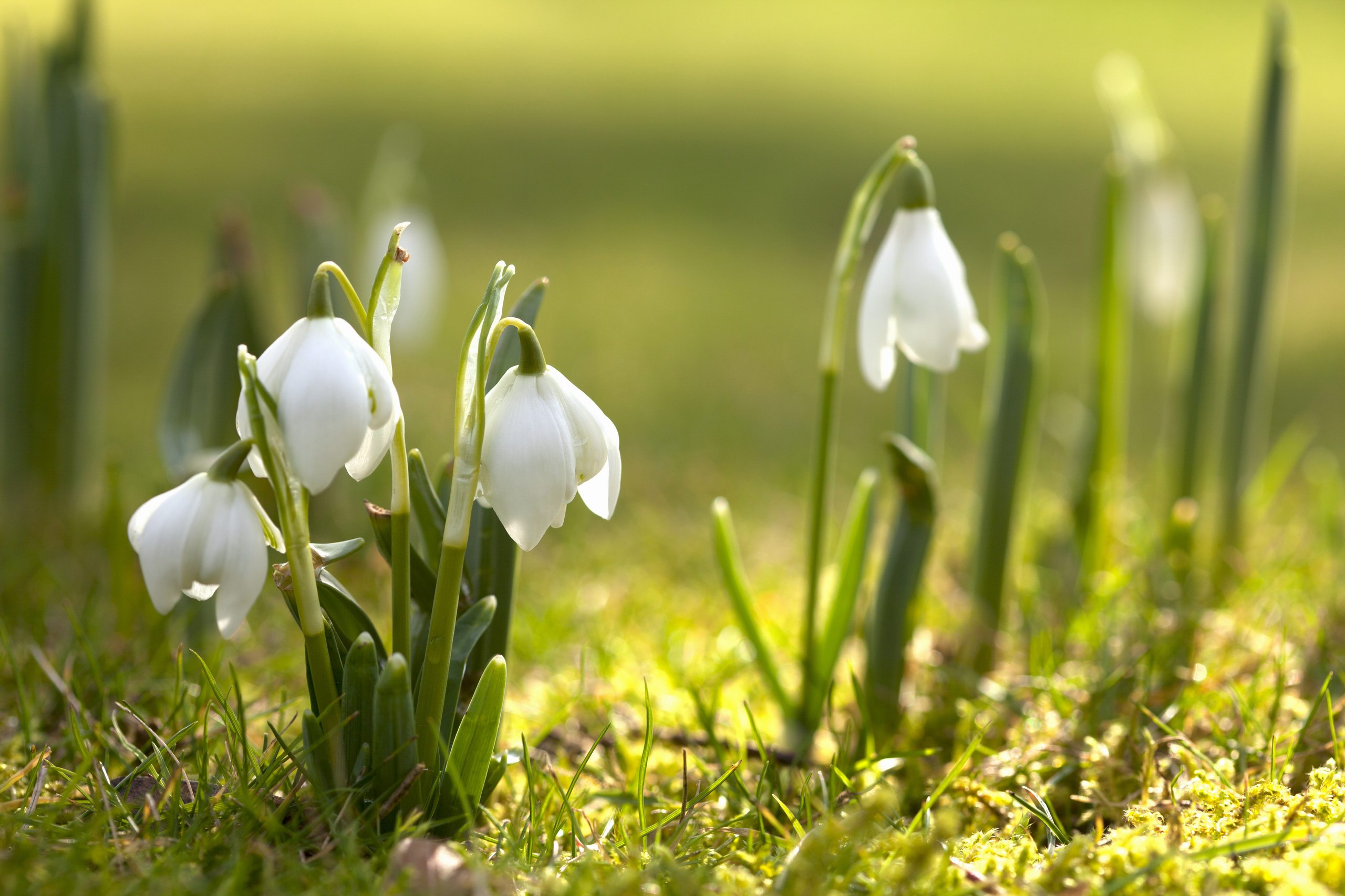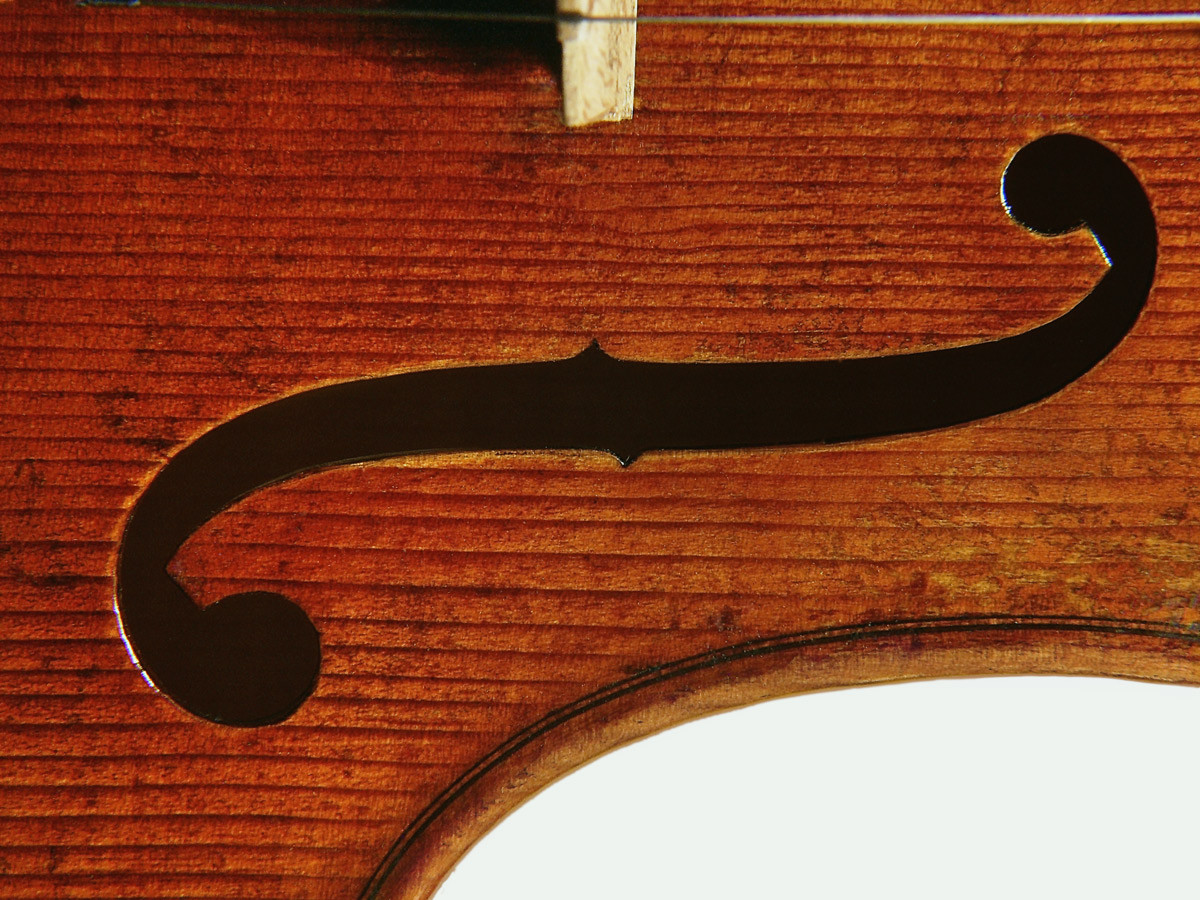Good Composers Copy, Great Composers Steal
Pablo Picasso once said, “Good artists copy, great artists steal.” It’s a philosophy embraced by some of the most creative innovators, including Steve Jobs: the idea of assimilating a good idea and using it as a springboard for something new. Composers have occasionally done this, both consciously and subconsciously, under the guise of “transformative imitation.” Handel, who frequently wrote under time constraints, was famous for borrowing passages from his own previous works, …







